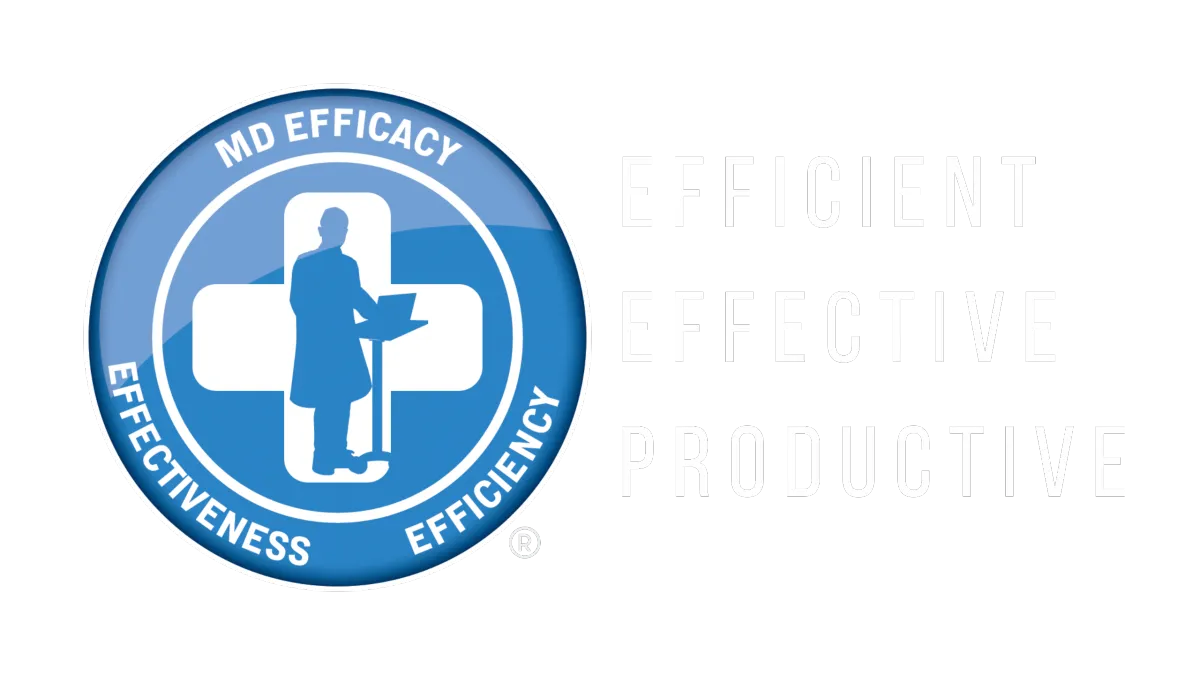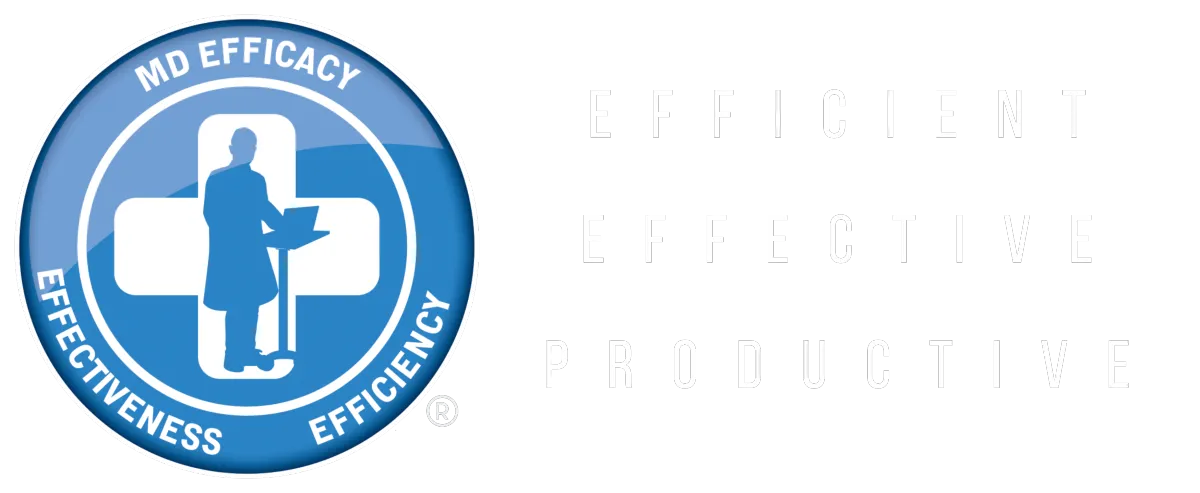Three Mistakes to Avoid in BILLING and CODING – Physician Productivity Series
Posted Feb 17, 2025
Three big mistakes You do not want to do in your billing and coding.
And these are very important concepts that you need to keep in the back of your mind.
Number one, having lousy knowledge about billing and coding.
I'm lucky to get to work with trainees, with residents and fellows. They come to my clinic and I go to their clinics as well. And I enjoy chatting after we discuss about the clinical scenario and what to do and what not, to ask them how much are you going to charge in this clinical encounter? And they find it like, an MCQ question and they find it interesting and intriguing. But I'm also fascinated by the responses I get. And you feel like they truly don’t know what we are talking about here. What are the criteria and guidelines? They don't know. So they say, you know what? It looks to me like low complexity or high complexity. And what we don't know is a wrong answer can cost them a lot of money down the road. And there is no joke about that.
In the world of billing and coding, it doesn't go like one plus one equals two. No, it's 1.0 plus 1.0 equals 2.0. This is how specific the coding criteria are and how abiding by them is very important for you to know how to move forward. So you want to know your business. You want to know how you are moving and what are the specific criteria you are going by. Someone can have like ten problems and they say you know what? This patient is very complex, and they charge high complexity when actually it is moderate complexity. For another patient, it can be just one problem. And with this one problem, which can be in that short paragraph, it can be high complexity. And it doesn't matter whether a new patient or an established patient, you just need to know the knowledge. You need to know the ins and outs of the billing and coding and abide by the rules. These are very important concepts for you to consider.
The second important point here, is it more profitable to bill by time? And things are pretty clear. And you put the minutes and you got it. And if you get audited you can stand that. Or is it a waste? In my sincere opinion, billing by time is a waste of time. Billing by medical decision making can take you a far way. If you know the guidelines of the billing and coding. I can spend maybe 10-15 minutes and it can be moderate or high complexity and it can be even a new patient. If I want to charge for a high complexity for a new patient as outpatient, that’s more than 60 minutes. Sometimes, I can see a patient for 15 minutes and charge for high complexity because they meet the criteria for that. Billing for high complexity for an established patient in the outpatient setting is going to be more than 40 minutes right now in 2025. Sometimes, I may spend 5 or 10 minutes with a patient who qualify based on the medical decision making for a high complexity. So if you know your billing and coding, billing by time will be a waste of time. So keep that in the back of your mind and work strongly on understanding how to charge for medical decision making and to be confident doing that.
The third very important thing is you need to know your numbers. You need to know the data. When they say knowledge is power and data is power. That's very true. My question for you is, do you know how many patients you see every day? Do you know the average charges you place? What is low, moderate or high? Do you understand what are the aspects that can improve your productivity and whatnot? When you have the data, you can analyze it. We all follow evidence-based medicine and we read research articles. We understand the basics of interpreting statistics. And when you look at the data you can tell what are the trends and what are the things going. Also, when you have the data, you can tell and I'm not talking about the data that you get from your service line leader or clinic manager telling you about the various CPT charges for different months. I'm talking about day-to-day data that you keep track of. It can make a humongous difference in how you approach your practice.
So again, three big things that you don't want to do.
Number one, lousy knowledge of billing and coding.
Number two, thinking that you are winning if you are charging by time.
And number three is not tracking and not knowing what you are making on a daily basis in your practice.
And thank you for watching.
MD Efficacy © 2026, All Rights Reserved.
By visiting this page, you agree to Terms of Use, Privacy Policy, & Earnings Disclaimer.

